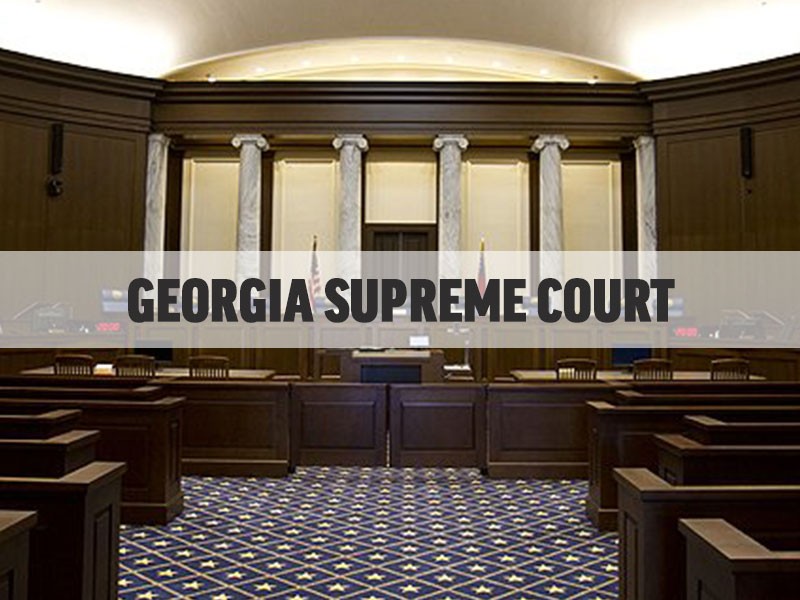After the Georgia State Election Board (SEB) adopted seven new rules in the lead up to the 2024 election, the Supreme Court of Georgia has struck down four of them.
The ruling came unanimously on Tuesday, with the Supreme Court deeming that the SEB does not have the power to adopt any rule just because it has uniform application.
“This is the type of unfettered discretion that we have now reiterated is constitutionally intolerable,” the ruling reads.
The SEB has a Republican majority — made up of three Trump-backed Republicans, one Democrat, and one non-partisan seat.
In August and September of 2024 leading up to the election, the SEB passed seven controversial voting laws.
Those included:
-
That county election boards conduct a “reasonable inquiry” before certifying the results of an election
-
That election board members are permitted to examine all election-related documentation before certifying results
-
That precinct workers must count ballots by hand after the close of the polls
-
That the total number of votes, as well as the specific number of early and absentee voters, be reported daily and made available on a website or ina public place accessible 24 hours a day to the public
-
That poll watchers be allowed access to an expanded list of areas where the tabulation of votes takes place
-
That family members or caregivers provide photo identification when dropping off an absentee ballot of another voter at certain ballot drop-off locations
-
That absentee drop boxes at early voting locations be under video surveillance outside of voting hours
The case was brought by Eternal Vigilance Action, Inc. which is a Holly Springs, Georgia-based group headed by former Republican state Representative Scot Turner.
James Hall, an individual voter and member of the Chatham County Board of Elections, was also on the original suit. They argued that the SEB went over the General Assembly’s head when it adopted the rule changes and declared that the rules were “unconstitutional and contradictory to the election code.”
A Fulton County Superior Court Judge deemed the new rules “illegal, unconstitutional, and void” back in October of 2024. The State of Georgia, Republican National Committee, and the Georgia Republican Party appealed the ruling shortly after.
The Supreme Court ultimately decided that the reasonable inquiry rule (number one), the hand count rule (number three), the drop box identification rule (number six), and the examination rule (number two) are “unauthorized by statute.”
They did deem the drop box surveillance rule (number seven) valid. The other two rules, the poll watcher rule (number five) and the daily reporting rule (number four) could not be challenged by the plaintiffs.
The trial court did rule that Hall had standing to challenge rules four and seven. The Supreme Court did not consider those two due to lack of standing by the other plaintiffs, but said that the trial court can evaluate them once they establish Hall’s standing in the case.


















